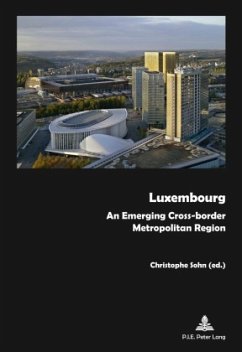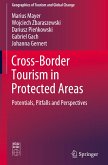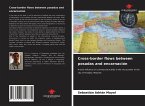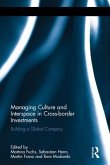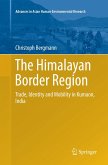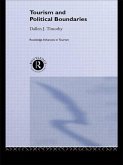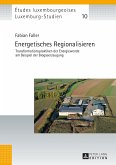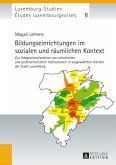In the context of European integration, the relative opening of state borders offers new opportunities for border cities and regions no longer necessarily confined to the boundaries of national territories. The development of cross-border relations at the local and regional levels brings to the fore the emergence of cross-border metropolitan regions as privileged sites of territorial restructuring.
Drawing on the results of the METROLUX research project, this book examines the establishment of a cross-border metropolitan region in Luxembourg and its surrounding area. In the first section, the primary focus is on the economic and symbolic attributes that characterize the process of metropolisation and their potential advantages and limits. The second part of the volume investigates the cross-border interdependencies at work, principally in terms of home-work mobility. Finally, the third part analyses the governance initiatives undertaken and the power issues at stake in the political construction of a cross-border metropolitan region.
Primarily derived from research by geographers, this work combines conceptual reflection with empirical analysis and is a new contribution to the understanding of an atypical area of scholarship emerging from the geographic margins and the academic backstage.
Drawing on the results of the METROLUX research project, this book examines the establishment of a cross-border metropolitan region in Luxembourg and its surrounding area. In the first section, the primary focus is on the economic and symbolic attributes that characterize the process of metropolisation and their potential advantages and limits. The second part of the volume investigates the cross-border interdependencies at work, principally in terms of home-work mobility. Finally, the third part analyses the governance initiatives undertaken and the power issues at stake in the political construction of a cross-border metropolitan region.
Primarily derived from research by geographers, this work combines conceptual reflection with empirical analysis and is a new contribution to the understanding of an atypical area of scholarship emerging from the geographic margins and the academic backstage.

